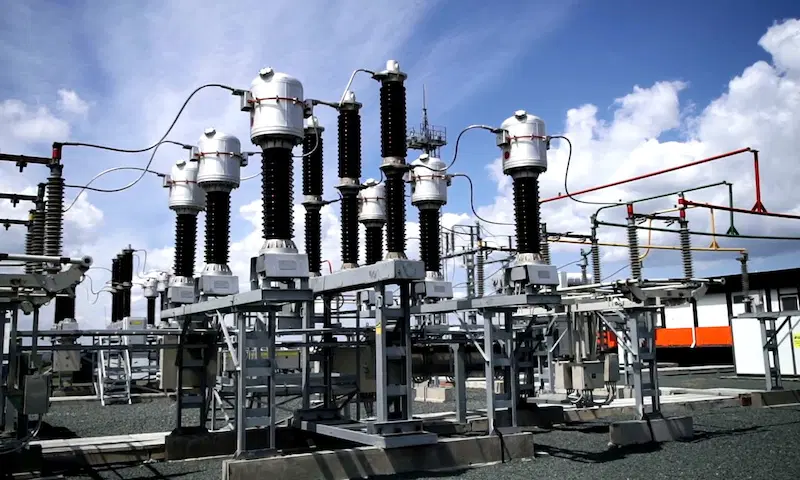Nationwide power generation in Nigeria declined by 45.4% to 2,777.04 Megawatts (MW) yesterday, following a peak generation of 5,040.72 MW recorded at the national grid on Tuesday.
Data obtained from the Nigeria Electricity System Operator (NESO), a semi-autonomous unit of the Transmission Company of Nigeria (TCN), revealed that yesterday’s peak generation also fell to 4,370.14 MW around mid-day before further plummeting to 2,777.04 MW in the evening.
This drop indicates minimal improvement in the power value chain, despite the recent review of billing for Band A power consumers. Industry stakeholders have attributed the ongoing challenges to inadequate gas supply to thermal stations and the deteriorating state of transmission lines.
In contrast to the decline, the Minister of Power, Adebayo Adelabu, had recently stated through his media aide, Bolaji Tunji, that the national grid had reached a high of 5,313 MW on Monday, marking a record in the past three years. However, Vanguard’s findings contradicted this claim, showing that the grid closed at 3,940.49 MW at midnight on Monday, with the highest generation for the day at 4,805.59 MW, recorded at 8:00 PM.
Amid the weak power situation, Sanusi Garba, Chairman of the Nigeria Electricity Regulatory Commission (NERC), urged investors and owners of Distribution Companies (DISCOs) in the Nigerian Electricity Supply Industry to devise solutions for the sector rather than offering excuses. Speaking at a NERC meeting with DISCO investors and owners, Garba assured them of the Commission’s support and encouraged them to present transformational ideas and suggestions for possible regulatory interventions to facilitate rapid positive changes in the sector.
Adetayo Adegbemle, Executive Director and convener of Power Up Nigeria, emphasized the need for generation to meet market demand. He advocated for the appropriate pricing of electricity, the removal of subsidies on electricity tariffs, and the exploration of institutional financing or other creative methods for metering.
“We should stop treating electricity like a national cake that must be distributed to everyone. We need to liberalize the sector entirely so we can achieve quick electricity coverage for the nation,” Adegbemle stated. He warned that an energy-poor nation is a poor country and stressed that the only way forward is to price electricity appropriately, remove subsidies, and encourage liberalism to foster synchronized development across the country.

